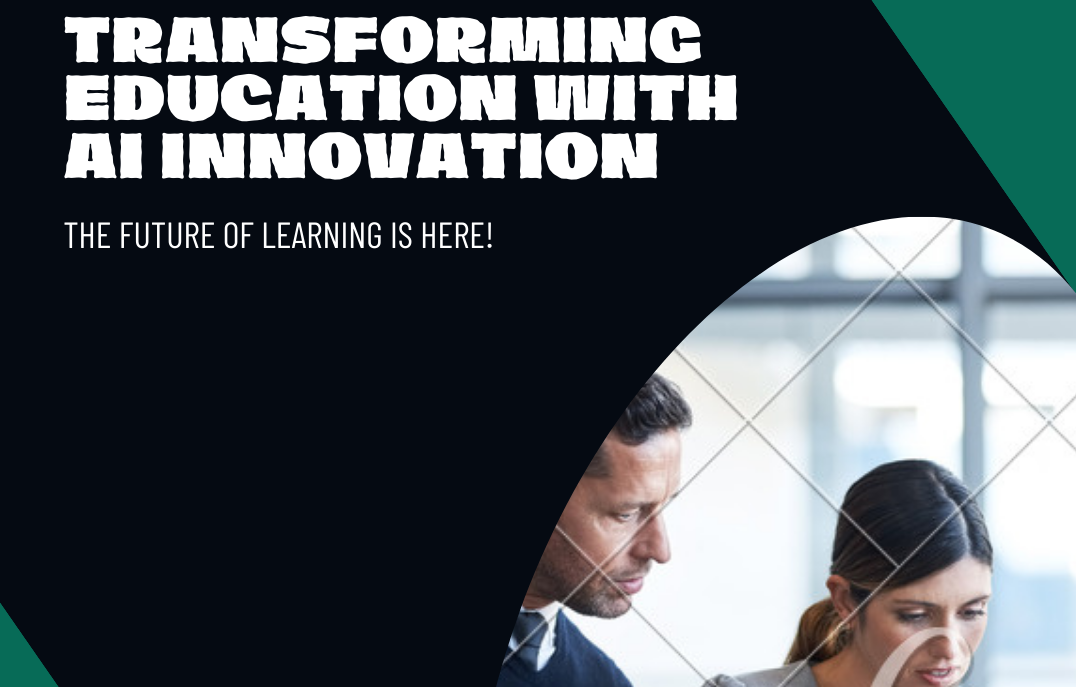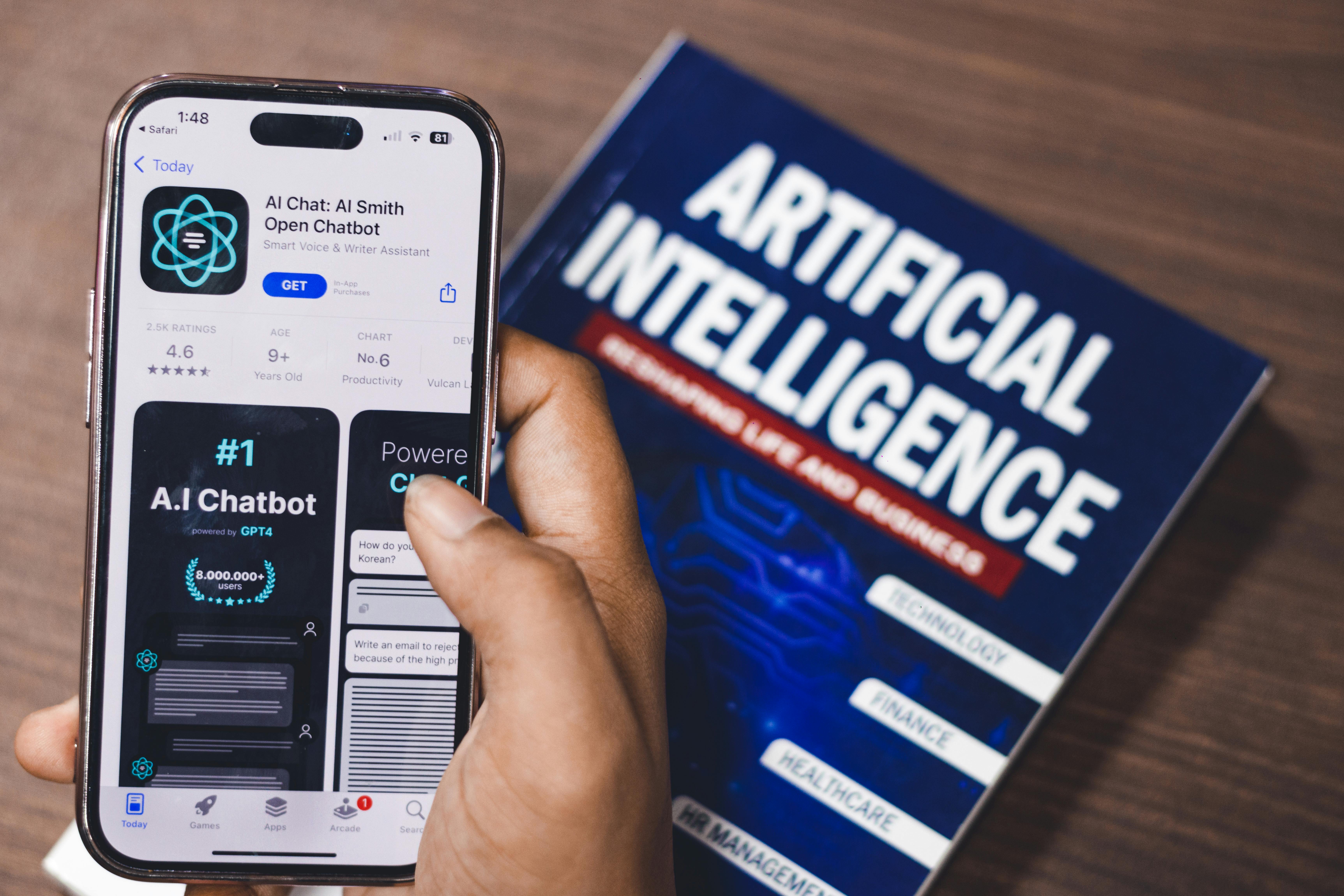
Artificial Intelligence (AI) is rapidly transforming various facets of our lives, and one of the most promising domains it is revolutionizing is education. As AI continues to evolve, its integration into educational practices holds the potential to enhance learning experiences, personalize education, and shape the future of studies in profound ways.
One of the primary advantages of AI in education lies in its ability to personalize learning experiences. Traditional educational approaches often struggle to cater to the diverse learning needs of individual students. AI, however, can analyze vast amounts of data on students’ learning patterns, preferences, and performance to create personalized learning paths. By adapting the content, pace, and method of delivery to each student’s strengths and weaknesses, AI ensures that learning is more engaging and effective.
Moreover, AI-powered educational platforms can provide immediate and constructive feedback to students. This real-time assessment helps students identify and correct mistakes promptly, facilitating a deeper understanding of the subject matter. By reducing the lag time between learning and feedback, AI promotes continuous improvement and a more efficient learning process.
Another significant contribution of AI in education is its role in making learning more accessible. For students with disabilities or those in remote areas with limited access to quality education, AI can bridge the gap by offering tailored learning experiences through online platforms and adaptive technologies. AI tutors and virtual assistants can provide support around the clock, ensuring that educational resources are available whenever and wherever students need them.
Furthermore, AI enhances the role of educators by automating routine administrative tasks such as grading, attendance monitoring, and lesson planning. This automation frees up teachers’ time, allowing them to focus more on personalized instruction, mentorship, and fostering critical thinking skills among students. By leveraging AI for administrative tasks, educators can create a more nurturing and engaging classroom environment.
Looking forward, AI promises to continue reshaping the future of studies by enabling predictive analytics and forecasting trends in education. By analyzing data on student performance and behavior over time, AI can identify potential challenges early on and recommend interventions to improve learning outcomes. This proactive approach not only helps in addressing individual learning gaps but also enables educational institutions to make data-driven decisions for curriculum development and resource allocation.
Moreover, AI-driven technologies such as virtual reality (VR) and augmented reality (AR) are revolutionizing how students interact with educational content. Immersive learning experiences powered by AI can simulate real-world scenarios, making abstract concepts more tangible and enhancing retention rates. This blend of AI, VR, and AR has the potential to create dynamic learning environments that cater to different learning styles and preferences.

However, despite its transformative potential, the integration of AI in education also raises ethical and social considerations. Issues such as data privacy, algorithm bias, and the digital divide must be carefully addressed to ensure equitable access to AI-driven educational technologies and safeguard students’ rights.
In conclusion, AI in education represents a paradigm shift towards personalized, accessible, and efficient learning experiences. By harnessing the power of AI, educators can unlock new possibilities for student engagement, achievement, and lifelong learning. As AI continues to evolve, its role in shaping the future of studies will be pivotal, empowering learners and educators alike to thrive in an increasingly interconnected and digitally-driven world.







